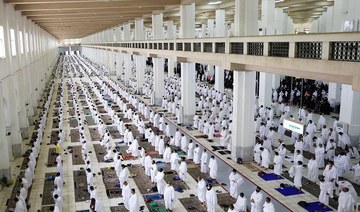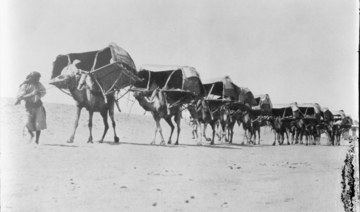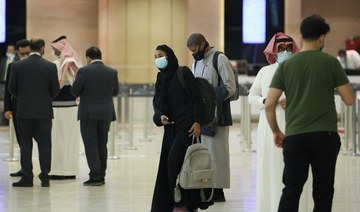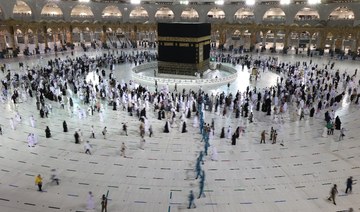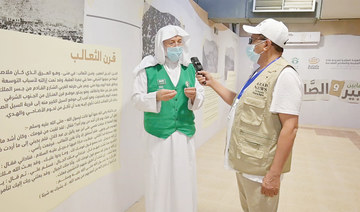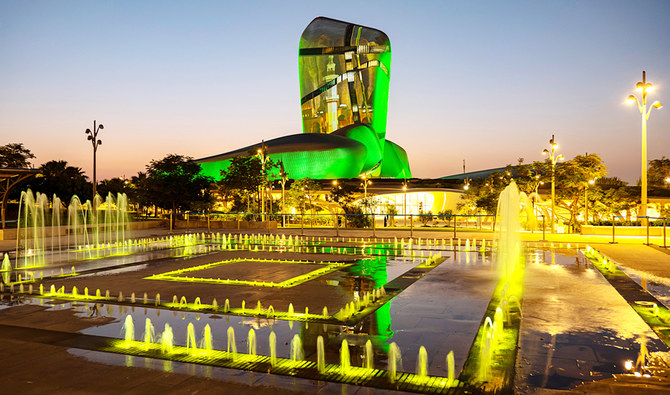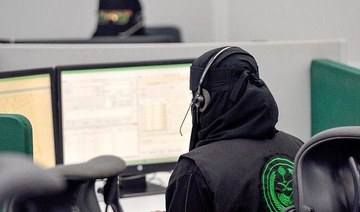Pilgrims perform Tashreeq in Mina following Eid Al-Adha
https://arab.news/z6wpw
- Officials assure there have been no cases of COVID-19 reported during Hajj
MINA: Following strict precautionary measures, Hajj pilgrims returned to their tents in Mina on Wednesday after stoning the three pillars on the first day of Tashreeq, the period of three days that follow Eid Al-Adha.
The Ministry of Health — along with security forces, officials and government agencies participating in this year’s pilgrimage season — have assured that there were no cases of coronavirus disease (COVID-19) reported during this Hajj, confirming that it was running smoothly and safely, as planned.
Stoning on the first day of Tashreeq continued until sundown.
Each pilgrim threw a total of 21 pebbles at the three pillars, beginning with the smallest one, followed by the middle pillar and finally the grand one, also known as Jamrat Aqaba. By the end of the second day, pilgrims will have thrown more than 3 million stones at the pillars.
Pilgrims perform the symbolic stone-pelting ritual in emulation of Prophet Muhammad, following also in the steps of Prophet Abraham, who is said to have pelted the devil at the same location.
Pilgrims usually spend the three nights of Tashreeq in Mina. However, it is permissible for those who, for any reason, cannot wait until the third day to leave Mina before sunset on the second day.
Taking precautionary measures into consideration, hundreds of pilgrims were seen photographing the pillars, tents and giant facility of the Jamarat Bridge.
Water sprinklers offered welcome refreshment to the partially cloudy weather of the location, where temperatures reached as high as 38 degrees Celsius (100 degrees Fahrenheit).
Osama Al-Thubiani, a Saudi pilgrim who came with his mother to perform Hajj, told Arab News that he noticed no shortcomings in the services.
“Both my mother and I came here to perform Hajj for the first time. The services are excellent; everything we needed was available. The only shortcoming I can think of, if I may call it so, is the five or 10-minute delay of meals. However, this is not a problem at all, as it is very normal,” he said.
Acting Minister of Hajj and Umrah Dr. Essam bin Saeed, accompanied by some of his ministry’s top officials, carried out an inspection tour of the Jamarat Bridge to make sure that all the pilgrims were receiving the best possible services.
Security helicopters were also seen hovering in the sky above Mina to monitor the scene. On the ground, security forces and health officials were present in large numbers to provide the pilgrims with any assistance they might need. Their combined efforts have greatly helped facilitate the movement of pilgrims to and from their tents.
On Thursday, the second day of Tashreeq, pilgrims will throw stones at the three pillars again and spend the night in their tents for the third day. Those who want to leave Mina early can do so and head to the Grand Mosque for the farewell circumambulation, the final ritual of Hajj.
Due to the pandemic, it is expected that most pilgrims will leave Mina before sunset on the second day of Tashreeq. However, the integrated services will continue to be provided until the pilgrims complete their rituals and leave Makkah to return home.


